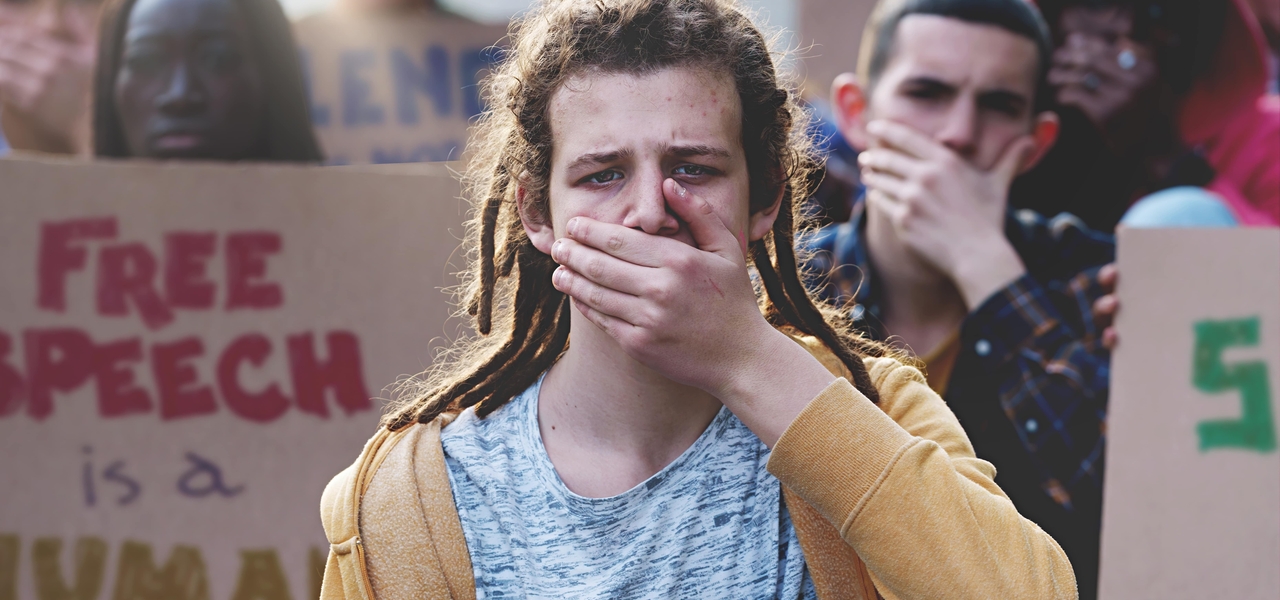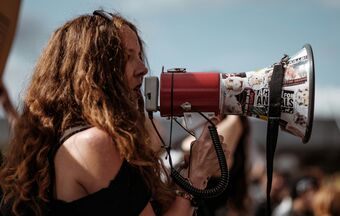A better story
We want to see a public square where the right of all people to speak, write and express themselves freely is upheld. We scrutinise government plans to ensure they do not intrude on civil liberties, and encourage politicians to appreciate the role of faith within society.
Together, we can champion freedom of speech and expression for all, including the freedom to share our Christian beliefs, and encourage respectful dialogue on every issue in life.
Resources

Disagreement is not oppression. Argument is not assault. Words – even provocative or repugnant ones – are not violence. The answer to speech we do not like is more speech.
Is free speech under threat in the UK?
In this discussion, CARE's James Mildred hosts a conversation with former Chief Executive Nola Leach and Co-Founder, Rev Lyndon Bowring on the state of free speech in the UK.
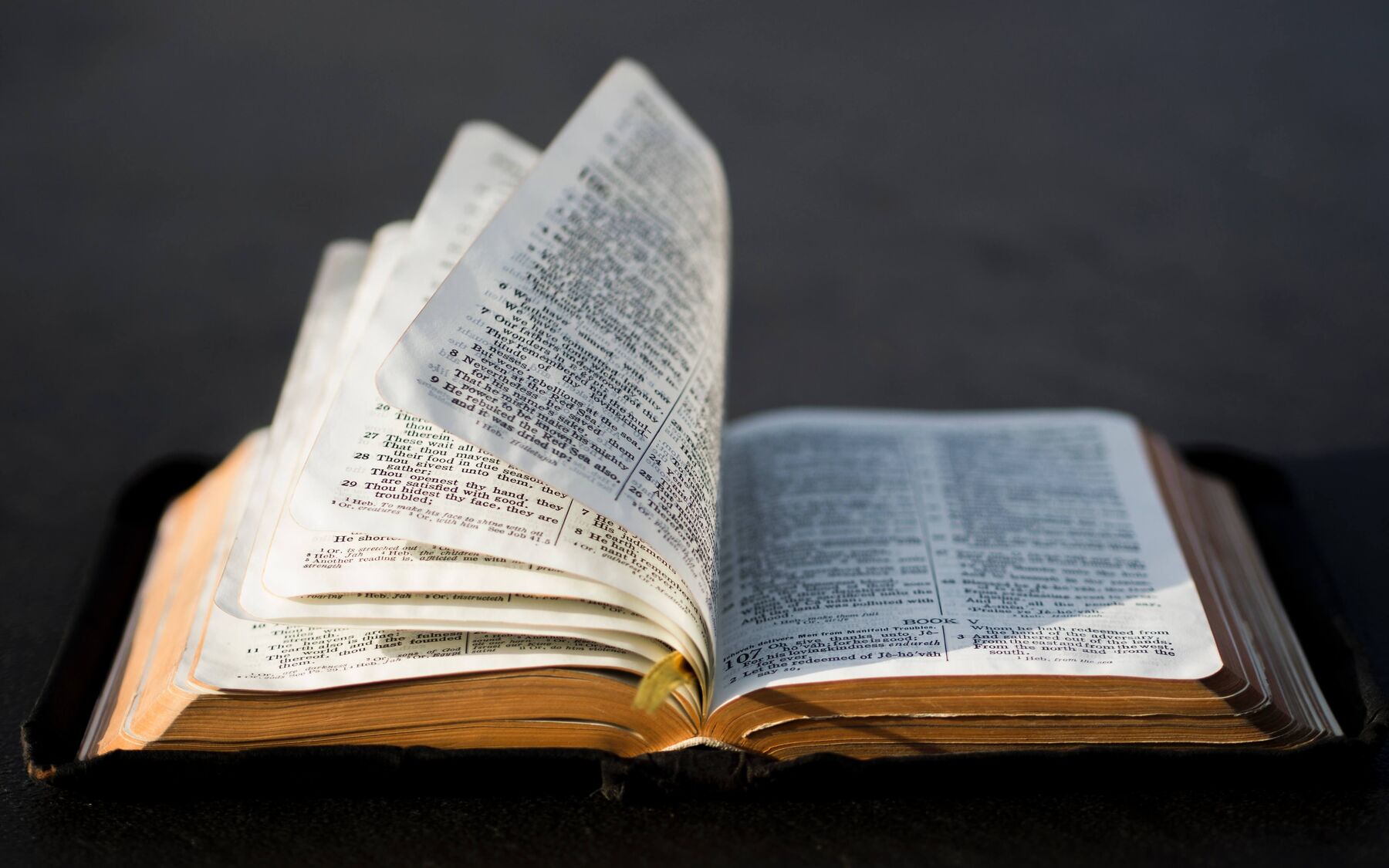
News about Freedom of Speech
-

 Bridget Phillipson accused of failing to protect free speech
Bridget Phillipson accused of failing to protect free speechMore than 300 academics, including Nobel Prize winners, have written to Education Secretary, Bridget Phillipson accusing her of failing to tackle ‘cancel culture’ on university campuses.
Freedom of Speech
-
School cleared of promoting creationism
Freedom of Speech
-

 Teacher suspended for telling Muslim pupils Britain is a Christian country
Teacher suspended for telling Muslim pupils Britain is a Christian countryA London primary school teacher was banned from working with children after telling a Muslim pupil that Britain is still a Christian state.
Freedom of Speech
-
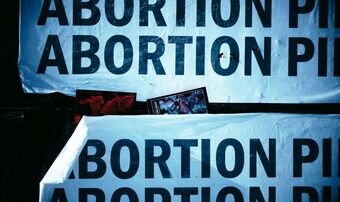
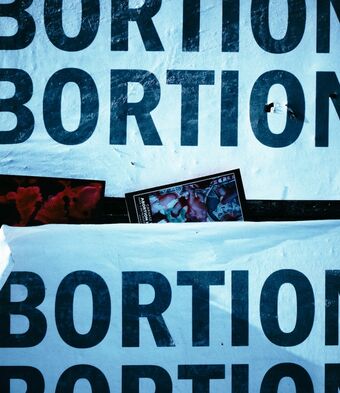 Anti-abortion campaigner arrested at peaceful protest
Anti-abortion campaigner arrested at peaceful protestPaul Gardner was protesting in Cambridge when he was stopped by police and arrested. His arrest came under Section 4A of the Public Order Act after a member of the public objected…
Freedom of Speech
-
Supreme Court: NI religious education breaches human rights
Freedom of Speech
